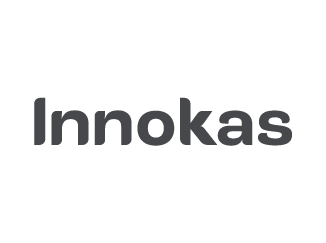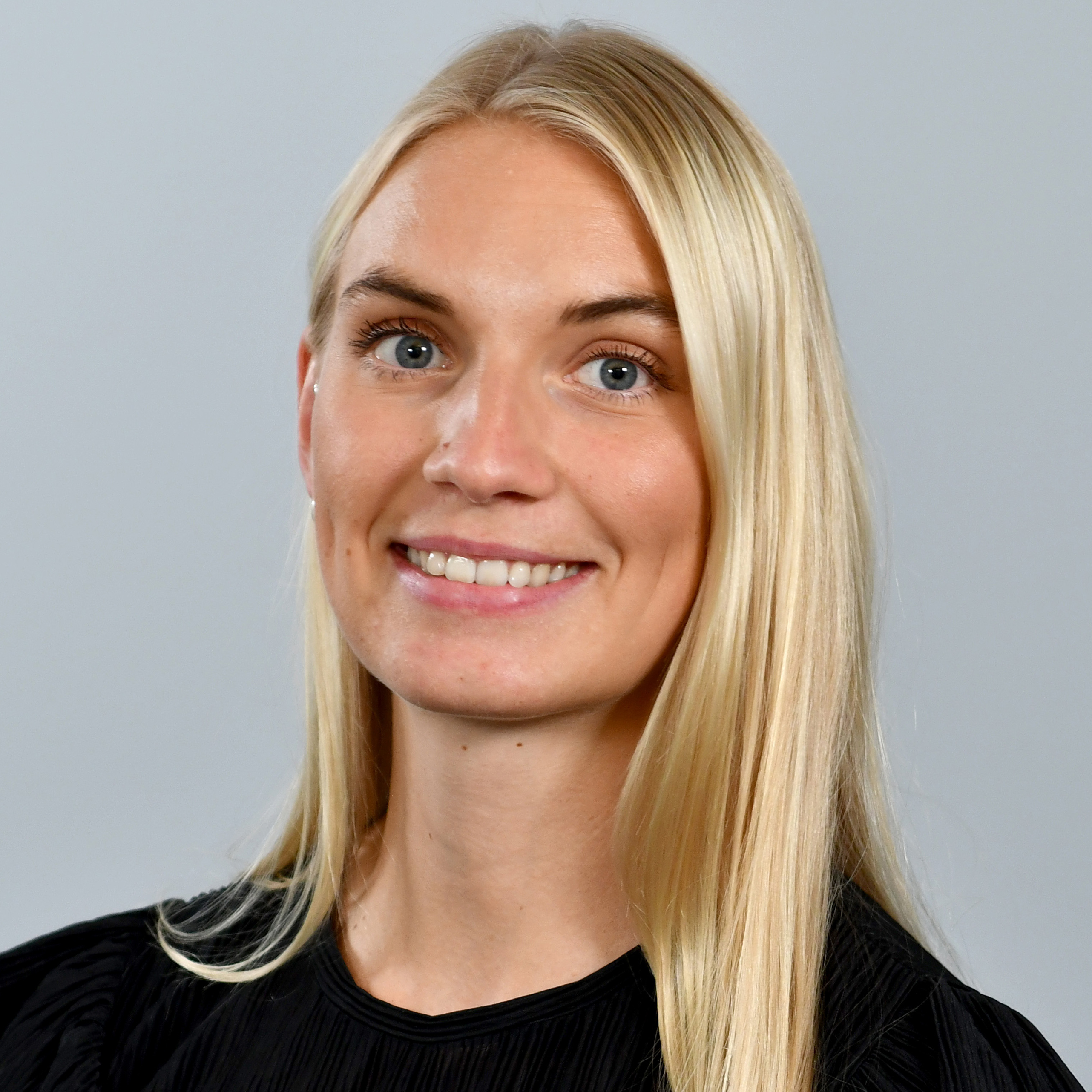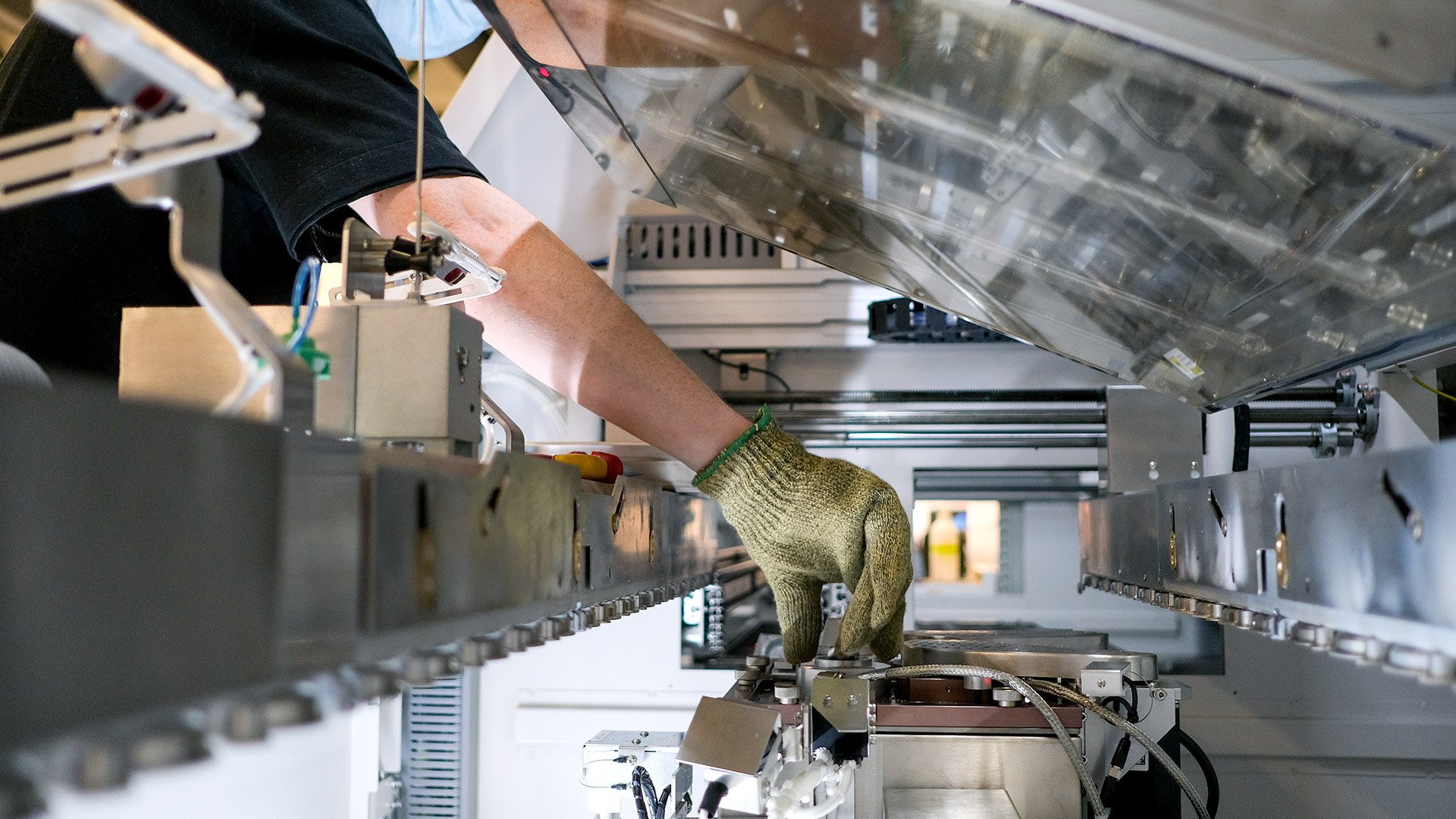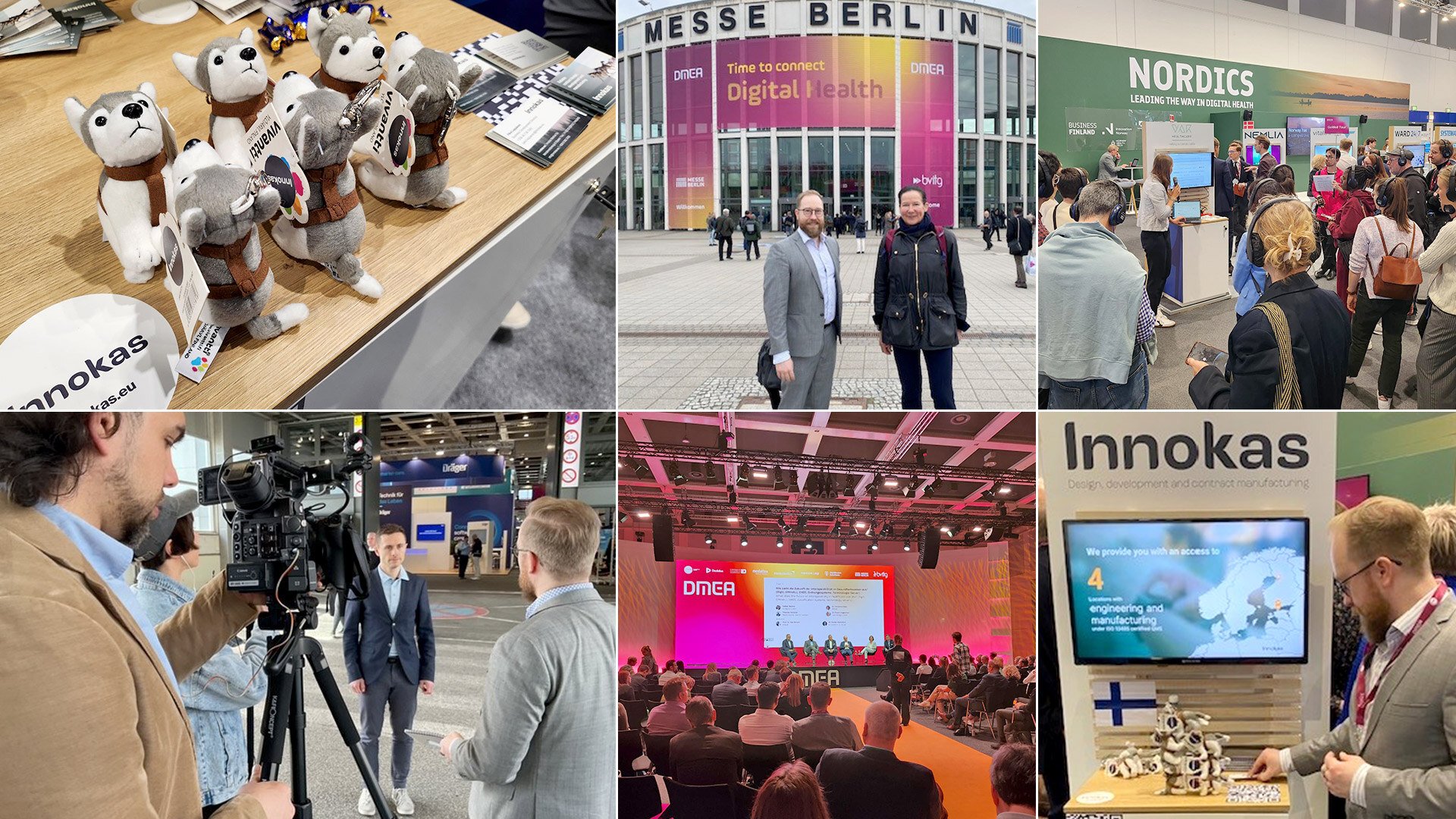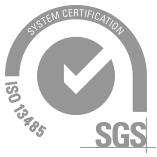Ever since the European Commission published the new regulations for medical and in-vitro diagnostic devices, there have been serious concerns regarding the availability of medical devices and how availability shortages affect patient health and safety. The closer the end of transition periods for medical legacy devices (26.5.2024) and in-vitro diagnostic legacy devices (26.5.2025) get, the more worry and discussion around the topic arise.
Most of the concerns originate from issues regarding Notified Body (NB) availability, capacity, and competence for MDR/IVDR. Not to make it too easy, the Covid-19 pandemic has had its impact on the NB workload. Fortunately, the situation has been noted and the Medical Device Coordination Group (MDCG) has published a list of actions how to enhance NB capacity, accessibility, and manufacturers’ preparedness.
The current Notified Body situation
There are currently 33 MDR-designated NBs and 7 IVDR-designated NBs in Europe, while under the MDD/IVDD there are 50 and 19 designated NBs, respectively. However, the number of NBs under MDD/IVDD has been even greater in the previous years and the number of MDR-designated NBs is expected to increase. According to the European trade association, MedTech Europe, there are almost 500 000 devices currently holding AIMDD/MDD certificates and only less than 70 000 devices have been certified to MDR ever since the first MDR certificate was issued in 2019. It goes without saying that the number and capacity of the NBs are not enough to certify the remaining devices for MDR, as there are less than 24 months until the transition period ends. According to MedTech Europe’s survey, most certification processes take 13-18 months or more; some end up lasting for more than 24 months.
To our experience at Innokas Medical, the availability of NBs really is scarce. There have been discussions implicating that a relatively high number of MDR-designated NBs are in a situation where they simply cannot accept new customers for the MDR certification scheme. Also, an issue regarding contacting NBs arises from Innokas’ customer communication – getting responses for certification inquiries might be challenging, especially when contacted by a smaller establishment, such as a start-up with limited resources. Some NBs evaluate their servicing capacity based on the request to become a new MDR customer so there is no guarantee for service. Typically, all NBs require the submission of an MDR application/questionnaire consisting of information about the company and the product(s) to be certified. The preliminary certification offer and rough timeline are based on the provided information. However, fulfilling the initial MDR applications is fairly time-consuming, and receiving a preliminary offer might take up months.
The prices of NB assessments have gone up along with the legislative change. The five-year MDR certification cycle contract with an NB ends up being relatively costly. Even though the MDR requires NBs to make their standard fees publicly available, the price comparison between NB assessments is not very easy. Not all NBs have detailed price information easily accessible on their website and comparing the prices is difficult since the offers are always individually tailored for each customer depending on their product complexity. In the previously mentioned list of actions, the MDCG reminds NBs of their obligation to make standard fees publicly available. They also recommend NBs take small and medium-sized enterprises (SMEs) into consideration about fees and encourage them to develop schemes to allocate capacity for first-time applicants and SMEs to ensure their access to conformity assessments.
How to keep innovations in Europe?
In addition to the possible shortage of existing devices on the market, there’s a common fear that medical technology innovation will leave Europe due to the expensive and time-consuming certification process. According to MedTech Europe, the current effort of NBs goes to certifying legacy devices, as from the 70 000 devices currently holding MDR certificates, only 6000 are innovation devices. Many European companies are already prioritizing other than EU markets for the first regulatory approval of novel devices. Reductions in companies’ product portfolios are foreseeable due to the needed heavy changes regarding existing technical documentation.
Our goal at Innokas Medical is to improve the quality of people’s lives by crafting health tech ideas into reality. For us, as a Finnish company, it is concerning if European medical device manufacturers find other markets more appealing, taking the innovative healthcare solutions elsewhere. We want to do our best to prevent that and have built a new service, MDR Fast Track, to help medical device manufacturers to reach the European markets with reasonable effort.
With MDR Fast Track the customer gets to use our existing audit pipeline and NB partnership, while we also take care of the communication with the NB. The customer can be assured that they will be assessed by an NB regardless of their organization size or documentation readiness. There is no need for getting quotations from NBs and being afraid of whether to get accepted as a new customer or not. With MDR Fast Track, the customer’s idea is designed and developed under our certified quality management system (QMS) processes. The technical documentation (TD) is created by our experienced QA/RA team, who has compiled several successfully certified TDs.
Surveys made by MDCG reveal that a relatively high percentage of MDR applications are deemed incomplete and thus refused. With Innokas’ years of experience, the customer can be assured that the application, QMS, and TD are top-notch yet purpose-built in the level of detail. Being well-prepared expedites the documentation review process and minimizes the possibility of non-conformities. The collaboration with MDR Fast Track creates value not only for the customer but also for the Notified Body making their work more straightforward.
More information about the MDR Fast Track service is provided on our website. You might also be interested in our last Specialist's insight article – Is there a way for rapid market entry for medical devices? If you have questions in mind or need help, do not hesitate to contact our QA&RA specialists. We are happy to help you!

